Whether they write to survive, to defend, or to change things, they have made literature the locus of their resistance. Portrait of three engagé novelists writing respectively in Persian, Mandarin and French.
Lou Heliot
Translated from the French by Jordan Elgrably
In Iran, the simple act of writing is a commitment. —Nasim Marashi
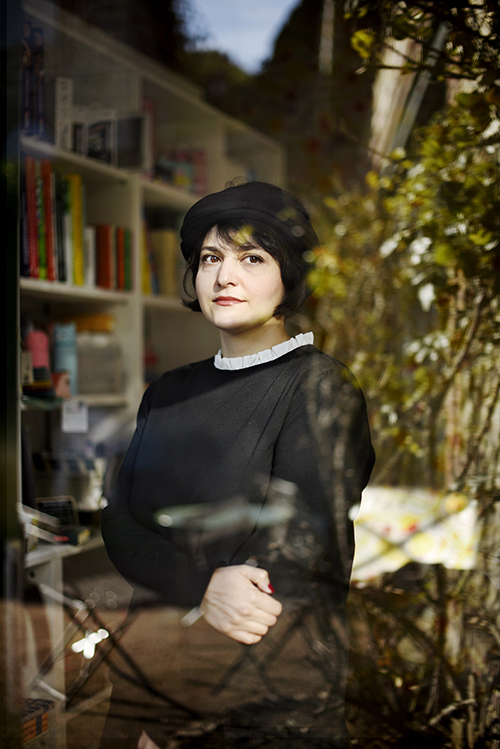
As she remembers it, “a childhood under the bombs” was Nasim Marashi’s experience, born as she was in 1984 on the border between Iran and Iraq, while the war between the two countries raged. She later moved to Tehran, where, as a student engineer and then journalist, she took part in the 2009 “Green Movement” demonstrations against electoral fraud, which were put down with great violence by the Ahmadinejad regime. Aware that she was living through a historic moment, she set about recording her experience and that of her friends in a long report on the youth of the time. “For me, it was crucial to record, to bear witness, to make sure that everything that had happened was remembered.”
But as her research progressed, her writing took the form of fiction, in a polyphonic novel which follows the destinies of three friends from Tehran before and after the protests: their daily lives, their friendship, their dreams of elsewhere, their confrontation with “big history,” and their disillusionment. Published in 2015 in Persian, Fall is the Last Season of the Year met with immediate success and won the prestigious Jalal Al-e Ahmad Prize. Even today, its popularity continues unabated — it has been reprinted some 50 times (and is available in a French edition from Editions Zulma, but not yet in English). It is a bittersweet success for the young writer, who dreams that her novel “will one day become obsolete.”
“My hope is that the book will be history. Unfortunately, my readers still find in it a reflection of their situation.”
Today, Nasim Marashi continues to write, about the war that marked her childhood or about the fate of refugees who have fled conflict. But none of her new books have been published; the Ministry of Culture and Islamic Guidance has not given her a precise reason for this censorship, other than that her novels “depict reality too darkly.”
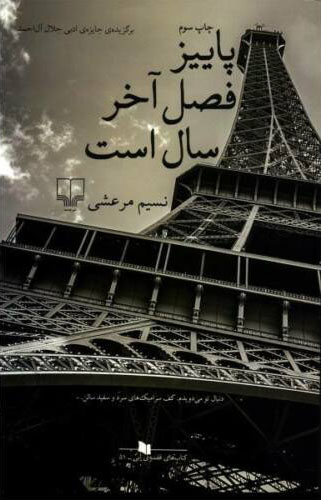
In Iran, the very act of writing is already a dare. “Normally, being a writer means concentrating on the language, asking yourself if the word is right. But in Iran, you constantly have to think about red lines.” Until recently, Nasim Marashi censored herself, almost unconsciously. It was during a residency in France that she made the decision to “write completely freely.”
“I’ll probably have to truncate my novel before trying to publish it in Iran. But at least I’ll have this ‘pure’ version. Thanks to this, literature has once again become a space of freedom for me.”
Nasim Marashi is acutely aware that every book she works on “may be my last.” But leaving Tehran is out of the question for her. “I ask myself the question of exile almost every day, just like the characters in my novels. But I always come to the same conclusion: I want to be where things are happening, I want to be part of the change.” The writer is convinced that staying in Iran as an artist is also an act of resistance.
“The regime would love to see us go. We’re a nuisance. They have to read our books to ban them. So we stay.”
In the meantime, Nasim Marashi draws strength from literature, particularly that of the Soviet period, such as poet Nadezhda Mandelstam’s memoirs Against All Hope. “These books inspire and guide me. And they prove to me that all this will pass in the end.”
My literature is when I dive in. —Syaman Rapongan
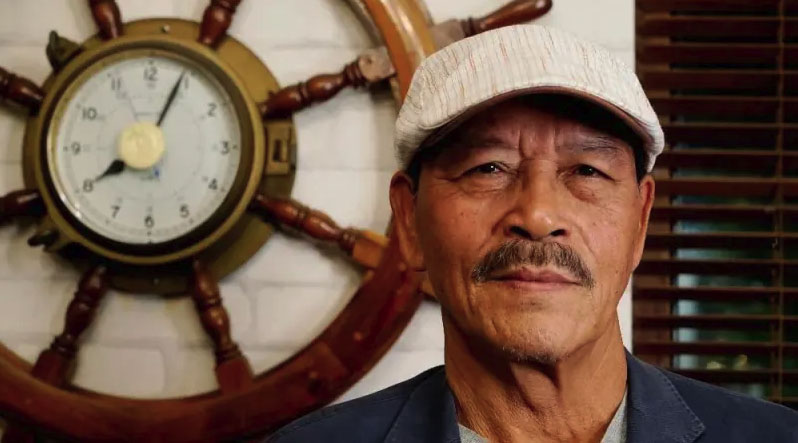
Syaman Rapongan likes to call himself an “ocean writer.” Born on Lanyu, a small island off the coast of Taiwan, he is a member of the Tao, an indigenous people who make their living from sea fishing. Growing up on Lanyu, the “Island of Orchids,” the young man was torn between his traditional culture and the Mandarin he was taught at school. “Even as a child, I had the feeling of an imposed culture. As a teenager, he was sent to Taiwan, the “Big Island,” where, in between odd jobs, he learned French and English and studied anthropology. But there he learned to feel contempt for his island, its people, and their way of life. He subsequently became involved in the movement for the recognition of indigenous peoples and environmental protection, which was very active in Taiwan in the 1980s. With the birth of his first child, “whom he couldn’t imagine growing up far from the ocean,” he returned to his native Lanyu, where he “relearned to be Tao,” fishing for flying fish, building traditional tatala pirogues, listening to the stories of the elders, but also noting the environmental damage caused by the “Big Island,” where the ocean is not understood. “Taiwanese and Chinese literature talks about it in a disembodied way; it’s sentimental seafood-shop literature,” he says.
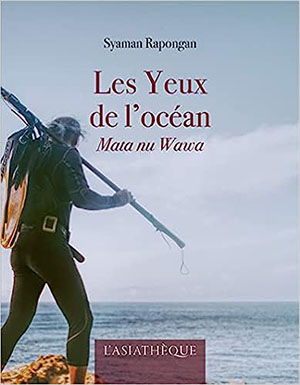 So Syaman Rapongan decided to take up the pen. With Les Yeux de l’océan: Mata nu Wawa, and several other untranslated works, he seeks to “write the seabed, fish stories, and the art of navigation as seen by the Tao.” In his texts, which range from coming-of-age novels to anthropological essays, the ocean is the main character, along with “church,” “classroom,” “priest” and “teacher.” And it doesn’t matter if he writes in Mandarin — which he chose to reach the widest possible audience — because his mother tongue is “that of the ocean.”
So Syaman Rapongan decided to take up the pen. With Les Yeux de l’océan: Mata nu Wawa, and several other untranslated works, he seeks to “write the seabed, fish stories, and the art of navigation as seen by the Tao.” In his texts, which range from coming-of-age novels to anthropological essays, the ocean is the main character, along with “church,” “classroom,” “priest” and “teacher.” And it doesn’t matter if he writes in Mandarin — which he chose to reach the widest possible audience — because his mother tongue is “that of the ocean.”
“My literature is when I dive in. It’s simply translated into sinograms when it rises to the surface.”
Through his words, Syaman Rapongan is committed not only to the recognition of his people and culture, but also to the preservation of his environment. For the writer-fisherman, the fight for the visibility of the Tao and the ecological struggle are intrinsically linked. “Our people live at the heart of nature. We need it to live, and we know how to preserve it. We have knowledge to pass on.”
Now 65, Syaman Rapongan, who still lives on Lanyu, is one of Taiwan’s most widely translated writers abroad. “I hope to have succeeded in transcribing the wisdom of the Tao. And I hope to be able to inspire new generations, to give them a glimpse of another imagination.”
Naming this world order is an act of resistance. —Isabelle Sorente
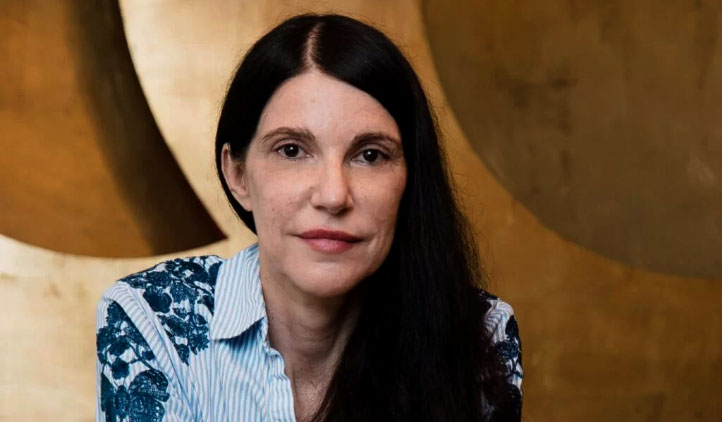
In 2008, Isabelle Sorente suffered burnout. “I felt exhausted, consumed,” explains the writer, former airplane pilot, and actress. “But very quickly, I realized that my personal state was intimately linked to what was happening in our society, where everything is exhausted, exploited, and drained.”
As she sought to relate her malaise with that of her environment, she discovered by chance “the instruction,” a mysterious exercise practiced by ancient nomadic masters, consisting of imagining herself in the place of an animal on the way to the slaughterhouse. This “instruction” led her to investigate a factory farm, where tens of thousands of animals are locked up awaiting slaughter.
“I saw there the incarnation of a world order. Because just as we treat animals, we also treat humans. We’re all caught up in production structures, in a segmented and automated world, where everything that lives is organized and made profitable.”
Already the author of a dozen novels, including the highly feminist Complexe de la sorcière, (The Witch’s Complex), Isabelle Sorente’s “instruction” examines our relationship with the living and the means of repairing it. “I believe intensely in the power of literature. I believe it gives us the weapons to fight against this icy world order, and against these structures of production and extraction that exhaust us.”
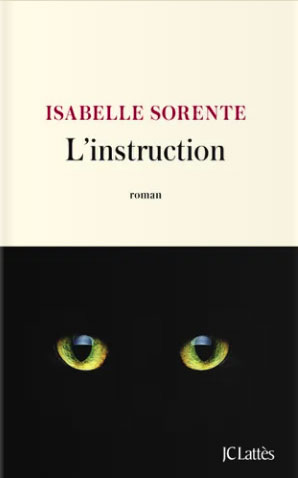
How do we do this? Thanks to the “sympathetic magic” of books, answers Sorente, borrowing an expression from Marguerite Yourcenar. Literature allows us to “transport ourselves in thought inside another,” she says, in the same way as instruction.
“It’s a radical, revolutionary act that goes against this segmented world order.” For Sorente, this determination to resist extends to her choice of words. “I realized that these factory farms use a very specific vocabulary: they talk about ‘producing’ pork when they’re breeding and killing pigs. The buildings where piglets are born, and where their teeth and tails are pulled, are called ‘piglet care.’ And ‘animal welfare’ is brandished to avoid talking about their suffering. So many ‘gray’ words, which obscure the red of blood and the white of the slaughterhouse, and which ultimately mean nothing.”
To combat this empty, alienating vocabulary, Isabelle Sorente advocates color and seeks to “reinvest [with meaning] words like soul, witch, or magic, words that don’t sound ‘serious,’ words that disturb, because they are radically on the side of poetry.” Writing these words is a way of resisting a technocratic language that obscures death and violence, and of regaining a form of power.
For Sorente, “naming this world order is an act of resistance.”
This feature first appeared in print in 1 weekly in France, in the Spring 2023 issue “Engagés!” and is translated here by arrangement with 1.


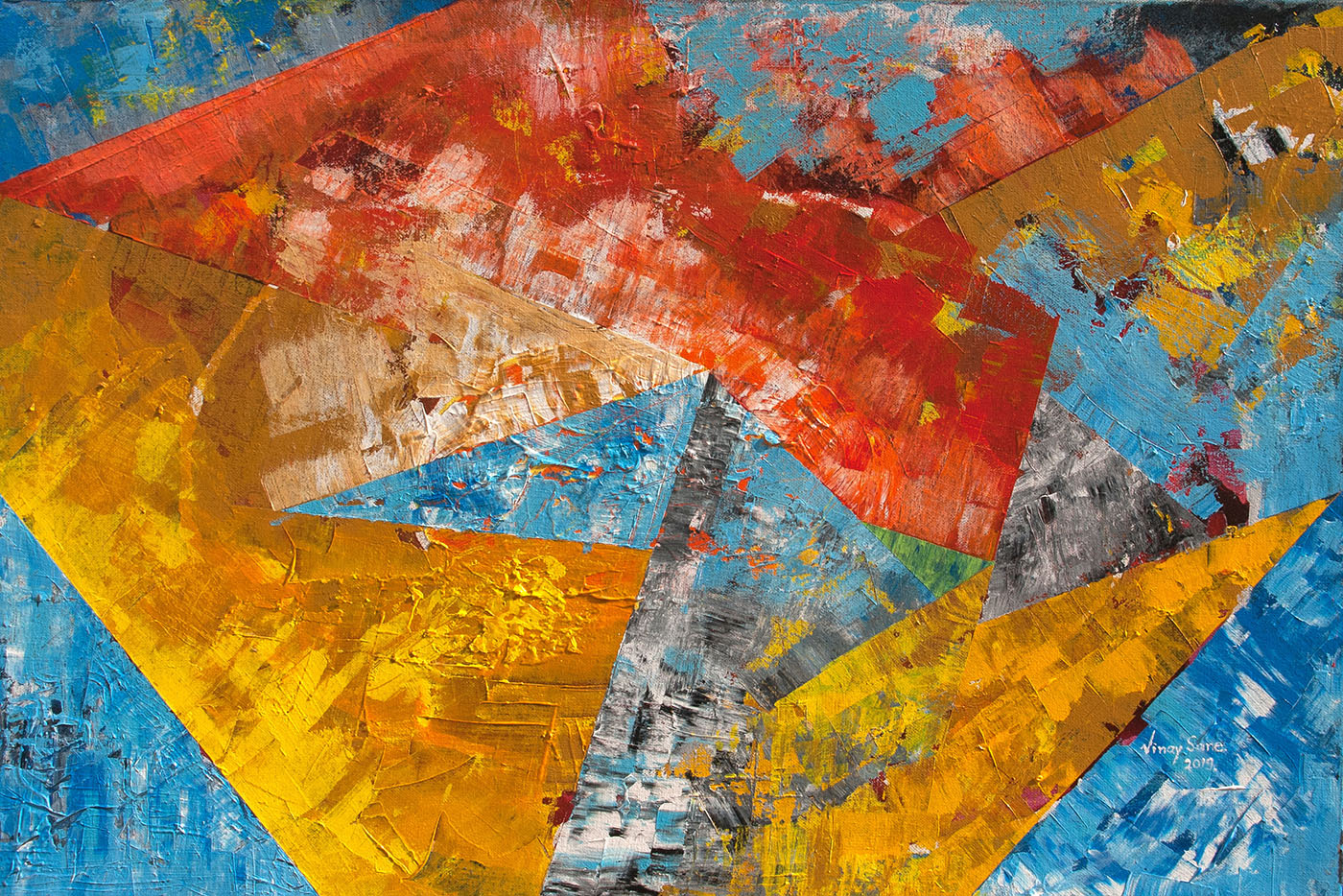
Marashi’s first novel was published in English in 2021 as “I’ll be Strong for You.” She’s published two novels in Iran since that first one came out.